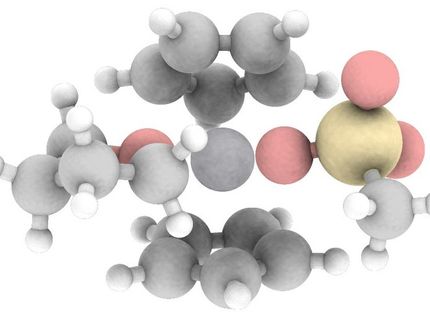BASF wins IChemE Award 2007
Prize for cyclododecanone production process
Advertisement
BASF received the ""AstraZeneca Award for Excellence in Green Chemistry and Engineering", one of eight "IChemE Awards 2007", for its novel process for producing cyclododecanone (CDon).
This new process developed by BASF researchers consists of three steps and requires just one catalyst, while conventional production processes have five steps and use three catalysts. It also stands out for yielding more final product while it produces clearly less waste and practically no waste water at all. Moreover, the new BASF process employs laughing gas (nitrous oxide), a waste product from the company's Verbund, as an oxidizing agent for the first time. BASF filed a patent application for its proprietary process in the fall of 2004.
The reasons the IChemE jury gives for the award state: "The new process for the synthesis of cyclododecanone using nitrous oxide is a major breakthrough in industrial oxidation processes. This new process not only allows a much shorter and more efficient route for the production of polyamide 12, but also uses a byproduct and green-house gas as a valuable reagent. It clearly shows that sustainable chemistry and economic value can indeed go hand-in-hand."
CDon is the key raw material for making laurolactam, an intermediate used to produce the high-performance plastic polyamide 12 (PA 12) as well as special valuable fragrances. BASF is building a production plant for CDon at its Verbund site in Ludwigshafen, Germany, which is due to come on stream in 2009. To man the plant, BASF will create some 40 new jobs. BASF has signed a long-term supply contract for most of the output of the new facility with EMS-CHEMIE, a company of Domat-Ems in Switzerland.
Other news from the department research and development
Most read news
More news from our other portals
See the theme worlds for related content
Topic world Synthesis
Chemical synthesis is at the heart of modern chemistry and enables the targeted production of molecules with specific properties. By combining starting materials in defined reaction conditions, chemists can create a wide range of compounds, from simple molecules to complex active ingredients.

Topic world Synthesis
Chemical synthesis is at the heart of modern chemistry and enables the targeted production of molecules with specific properties. By combining starting materials in defined reaction conditions, chemists can create a wide range of compounds, from simple molecules to complex active ingredients.

































































